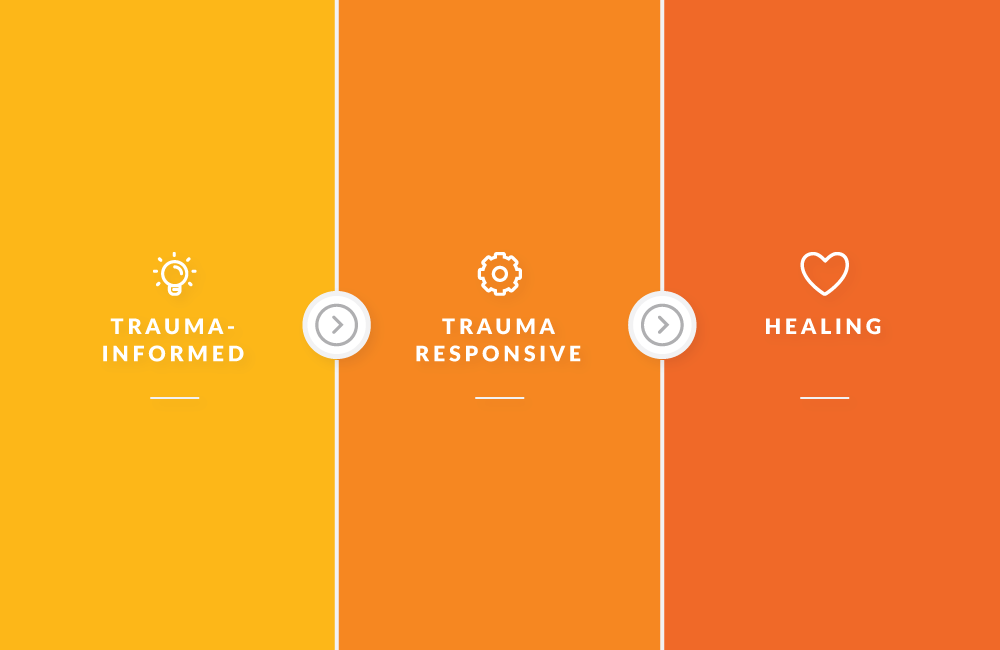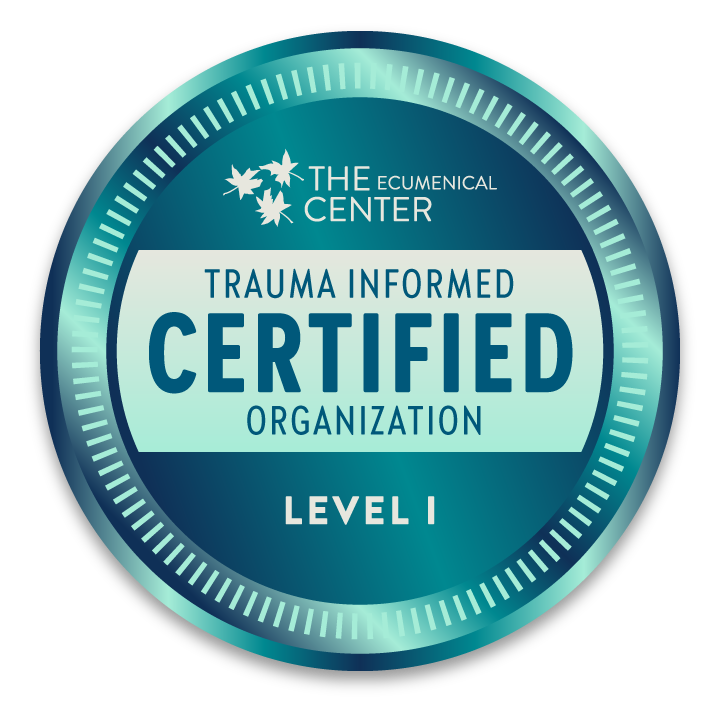Loss hurts. Neglect and abuse cut deep. Early childhood trauma leaves lasting scars. Whether the baby in the womb adopted at birth, the 3-year-old being raised by grandparents, or the teenager in foster care, all children who have been separated from birth parents have experienced some level of trauma. As a result, these kids often face emotional, social, behavioral, spiritual, and academic challenges that easily confuse and overwhelm caregivers.
Trauma & ACE's
Research on childhood trauma yields two conclusions: 1) Trauma is prevalent—more than half of Americans report having at least one adverse childhood experience (ACE);¹ and, 2) exposure to trauma at any point in life can limit human potential, compromise the quality of life, create health problems, and shorten life expectancy.
The connection between ACEs and trauma is well documented. As a result, interest in trauma-informed care for families of vulnerable children has grown substantially. Such approaches are characterized by integrating an understanding of trauma throughout a program or organization to enhance the quality, effectiveness, and delivery of services provided.
From Trauma-Informed to Trauma-Responsive Care
To address ACEs and the resulting trauma, practitioners must be trauma-informed. But a more significant level of trauma responsiveness is required to holistically meet the needs of individuals who have experienced adversity. ¹ The distinction between being-trauma-informed and trauma-responsive is important:
Trauma-informed care recognizes the presence of trauma symptoms and, when creating a family treatment plan, acknowledges the connection between trauma, behaviors, and family interactions.
Trauma-responsive care is the application of being trauma-informed. This “next step” of the treatment process is delivered according to the unique needs of the person who has experienced trauma, as well as the caregivers and family unit.
Implementation is the difference between trauma-informed care and trauma-responsive care. Before operating a piece of machinery, did you read the manual? Are you briefed on all risks and safety measures? If so, then you are informed. When you operate that machinery, are you adhering to all procedures and safety measures you have learned? If a part of the machinery isn’t working as expected, are you using the manual to troubleshoot? You are only being responsive with the application of knowledge.
How Does Chosen Implement Trauma Responsive Care?
At the forefront of trauma-responsive care since 2016, Chosen’s care staff is comprised of trauma-informed care managers who deliver services in a trauma-responsive format to the families we serve. Informed principles are the basis for our responsive practices. Our life-on-life approach is characterized by tailored, compassionate care as we walk alongside families on their journey toward healing. Our care team looks at every component of program delivery, including:
- Therapeutic Resources
- Crisis Support
- Individualized Parent Coaching
- Method of Delivery
- The way our Values are Communicated
- Trauma Education
- Clinical Assessments
- Personalized Case Management
- Language Choice
Our Chosen care managers customize every Weekly Action Plan and Trauma-Informed Action Plan® (TAP®) to the unique needs of families. These plans are based on pre-service clinical assessments, along with conversations that occur during parent coaching sessions.
Additionally, our use of dosing, which gives families control over the duration and frequency of their services, allows us to respond appropriately to their needs. Perhaps most importantly, our development of deep, authentic relationships with our families facilitates our trauma-responsive services.
For our Chosen families, accountability is an aspect of trauma-responsiveness. Our care managers hold parents accountable to their TAP®. We give families actionable tasks, then ensure follow-through by asking directly about their tasks during subsequent care sessions. Often, clients tell us they complete their tasks because they know their care manager will ask about it each week. Acting on information is what moves families from trauma-informed to trauma-responsive.
If you know a family who has been touched by the child welfare system, and is in need of care that is tailored to their needs, share Chosen with them today.
¹ Bynum, L., et al. (2010). Adverse childhood experiences reported by adults — five states, 2009. Morbidity and Mortality Weekly Report, 59(49), 1609-1613.
¹ Hughes, K., Bellis, M. A., Hardcastle, K. A., Sethi, D., Butchart, A., Mikton, C., … & Dunne, M. P. (2017). The effect of multiple adverse childhood experiences on health: A systematic review and meta-analysis. The Lancet Public Health, 2(8), e356-e366.
¹ Bloom, S. L. (2016). Advancing a national cradle-to-grave-to-cradle public health agenda, Journal of Trauma & Dissociation, 17(4), 383–396. doi.org/10.1080/15299732.2016 .1164025













